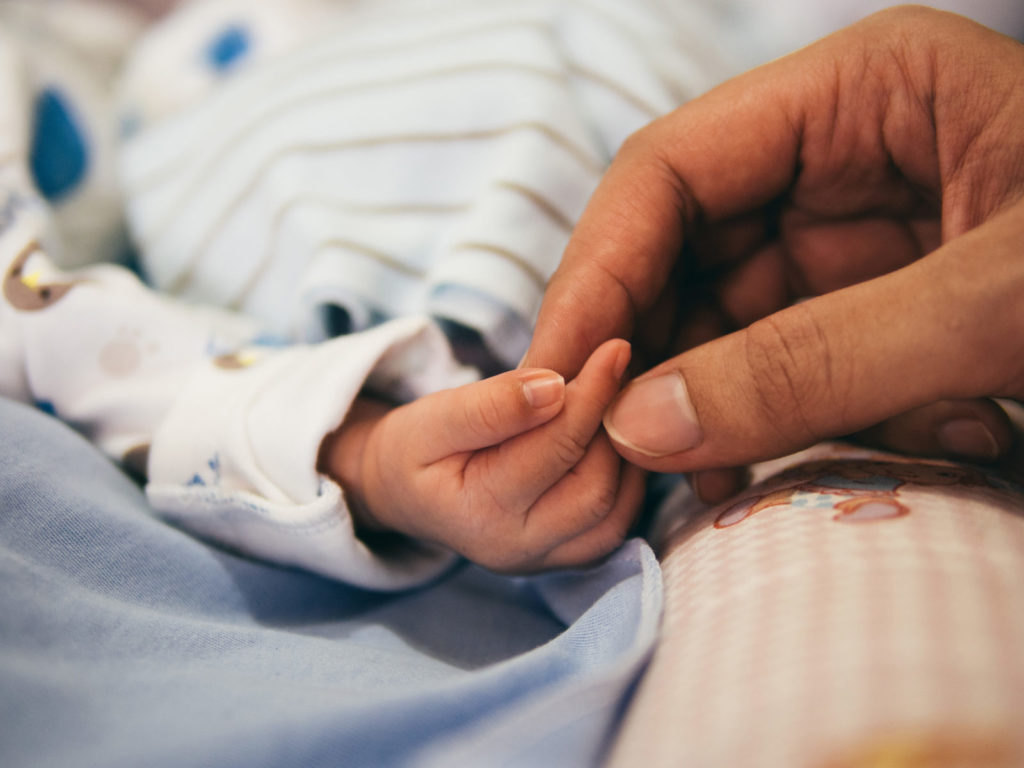Why Born-Alive Survivor Protection Laws Are Needed
Originally published at National ReviewForty-eight Senate Democrats and independents recently filibustered the Born-Alive Abortion Survivors Protection Act, a bill that would legally require that babies who survive abortion be treated as any other infant of the same gestational maturity.
Reacting to the federal blockade, some red states are passing their own born-alive laws. South Dakota’s was just signed into law. Kentucky enacted such an anti-infanticide measure. These laws are needed because some such born babies are neglected to death or killed.
But how many babies survive being aborted? Forty-six in four states in just the last few years, it turns out — and this compilation is incomplete since many states don’t keep or report such statistics. From the Lifes News story:
Babies do survive abortions, though no one is sure exactly how many.
Between 2016 and 2018, three states reported 40 babies were born alive after abortions. According to the state health data, 11 babies were born alive in Minnesota, 10 in Arizona and 19 in Florida. Texas reported six babies were born alive in botched abortions in 2019. In Michigan, state health reports from 2008 through 2013 indicate that 11 babies were born alive during abortions.
Reports from other countries prove that babies survive abortions, too, and legal protections for them are needed. In Canada, the Canadian Institute of Health Information recorded 766 late-term, live-birth abortions over a five-year period in 2018. And in Australia, the country’s health minister admitted that 27 babies survived abortions in the state of Western Australia between 1999 and 2016. A report out of Ireland in the fall also suggests babies are surviving abortions and being left to die there.
I don’t see any excuse for opposing abortion-survivor laws — even if one is adamantly in favor of unlimited abortion rights. A living baby outside the womb is not a fetus, but a neonate in medical terms. At that point, nobody is forcing the baby’s mother to gestate against her will. No one is controlling her body. Indeed, such laws do not prevent a single abortion because they only apply in an abortion’s aftermath.
But some will say Roe v. Wade protects against aborting babies that are viable by permitting state restrictions in the third trimester. Indeed, it does. But it does not require that states enact such laws. Nor does Roe prevent late term abortions.
Abortion-survivor laws promote the foundational moral principle of the West that all of us — including babies — are endowed with the equal right to life; not because we are healthy and wanted, but simply and merely because we are human.
Let us hope more states pass them since Democrats never will at the federal level.
